

The 14th Africa Policy Circle conference was held in Lagos, Nigeria on the 17th and 18th of November 2022. This year’s theme, “Africa in the 2020s And Beyond-Challenges and Possibilities”, provided a platform for participants drawn from think tanks across Africa to unpack some of the critical challenges affecting the continent's possibilities of economic recovery and ethical and political leadership.
With support from the Konrad-Adenauer-Stiftung, the conference focused on two main themes: (i) Africa, Governance and Political leadership in 21st Century and (ii) Climate Change and its effect on Africa’s Food and Energy Security.
CSEA was represented by Dr. Chukwuka Onyekwena, Dr David Okorie, Drusilla David and John Chidera Victor.
Dr Chukwuka gave presentations on ‘Economic recovery plans of Nigeria post the pandemic and key issues shaping economic and socio-political debates in the country”, and “Challenges to democracy: Case study of Nigeria”; while Dr. David’s presentations were on “Climate change and its effect on Africa food and energy” and “COP27: Assessing the outcomes and results”.
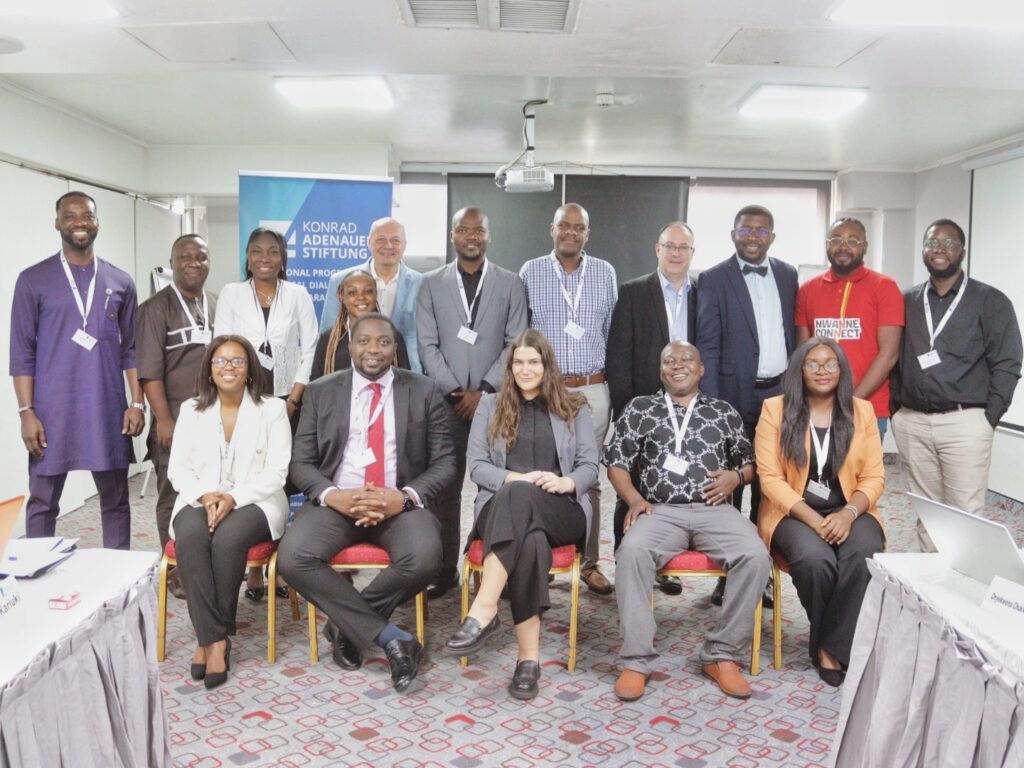
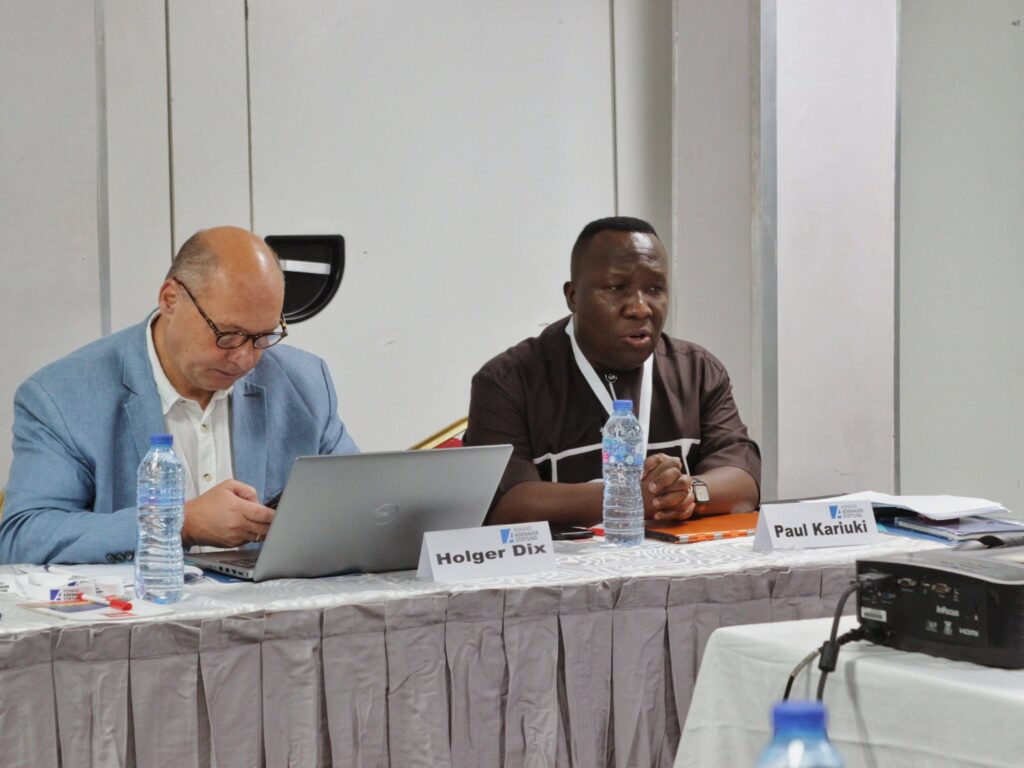
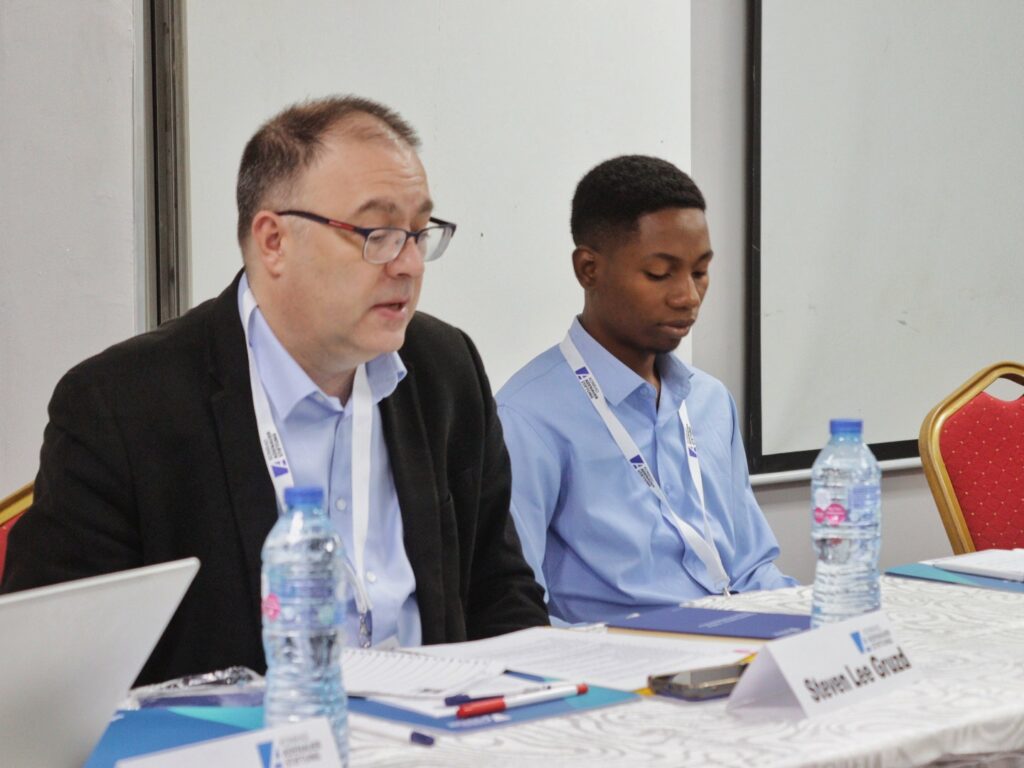
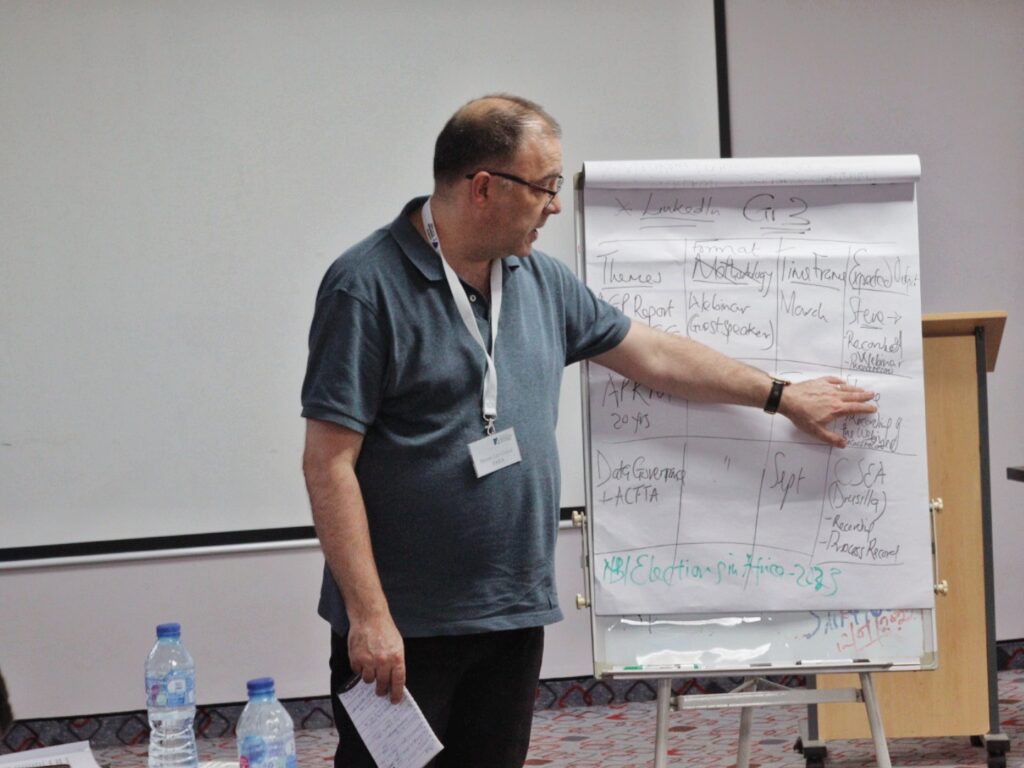
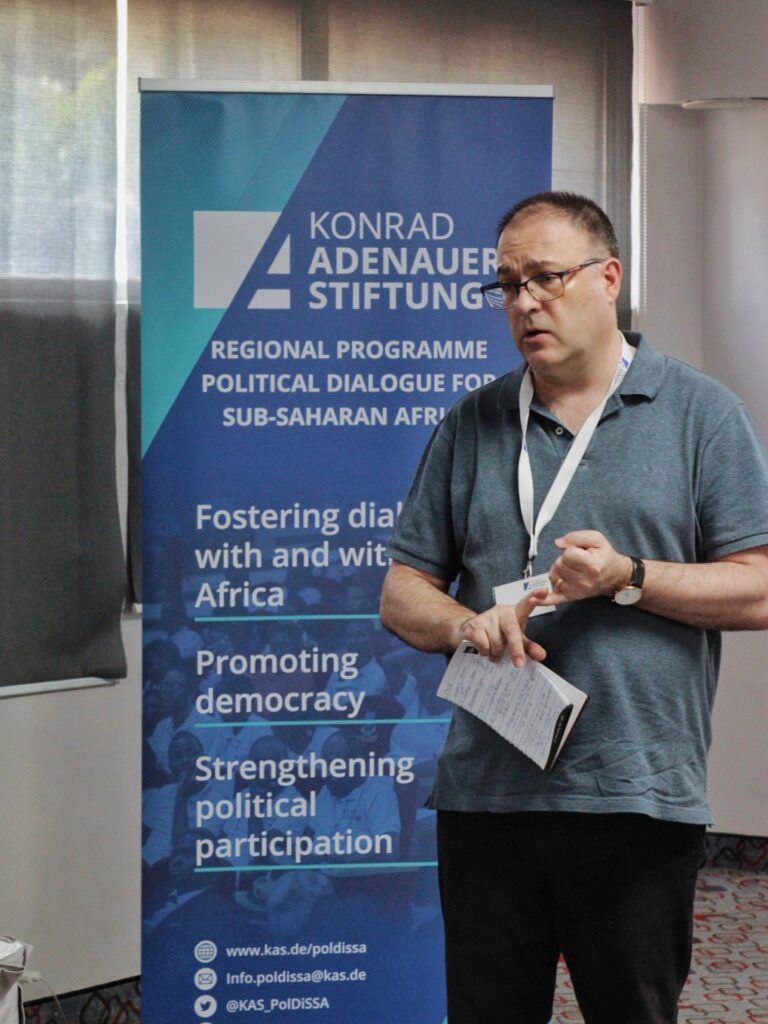
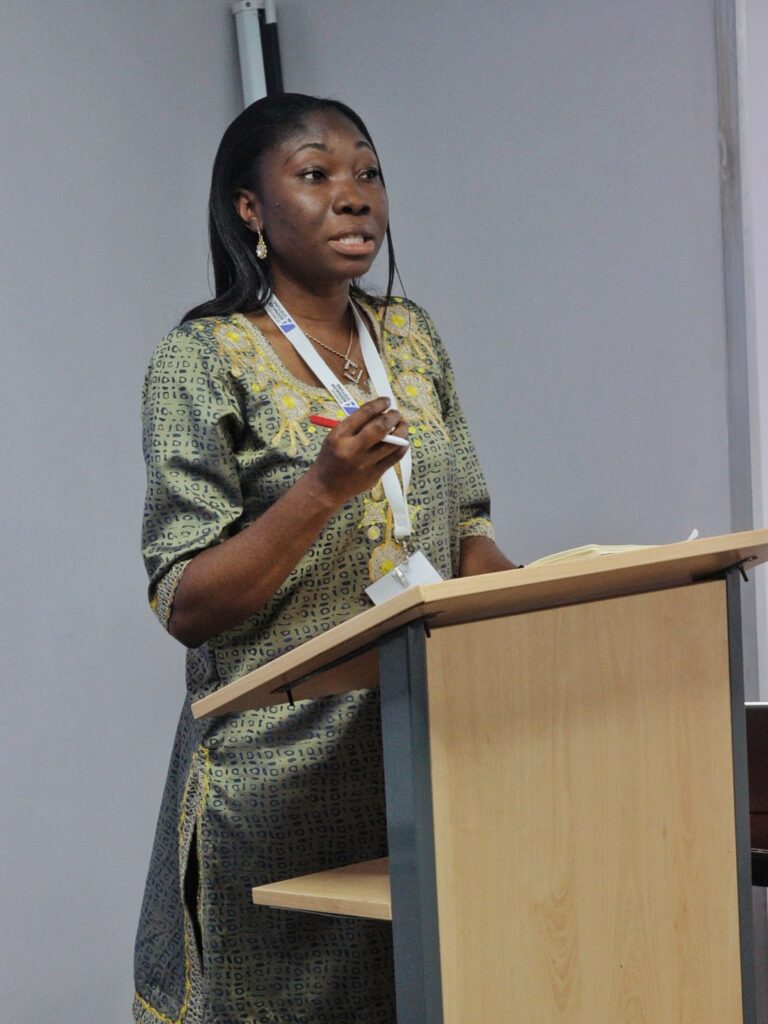
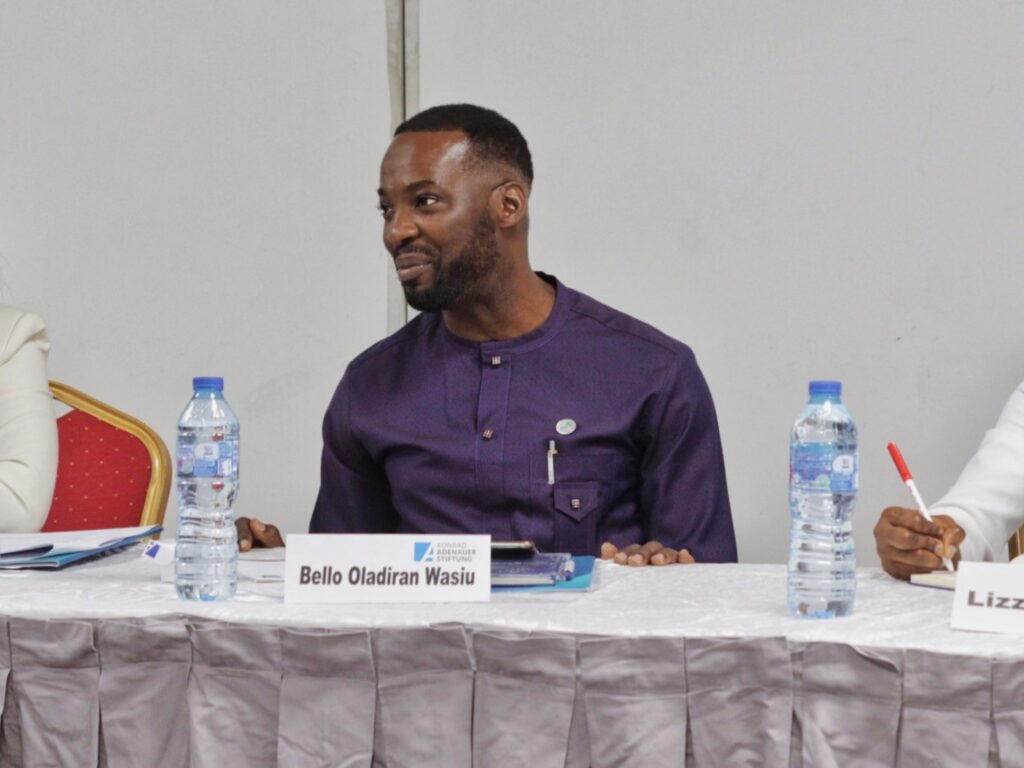

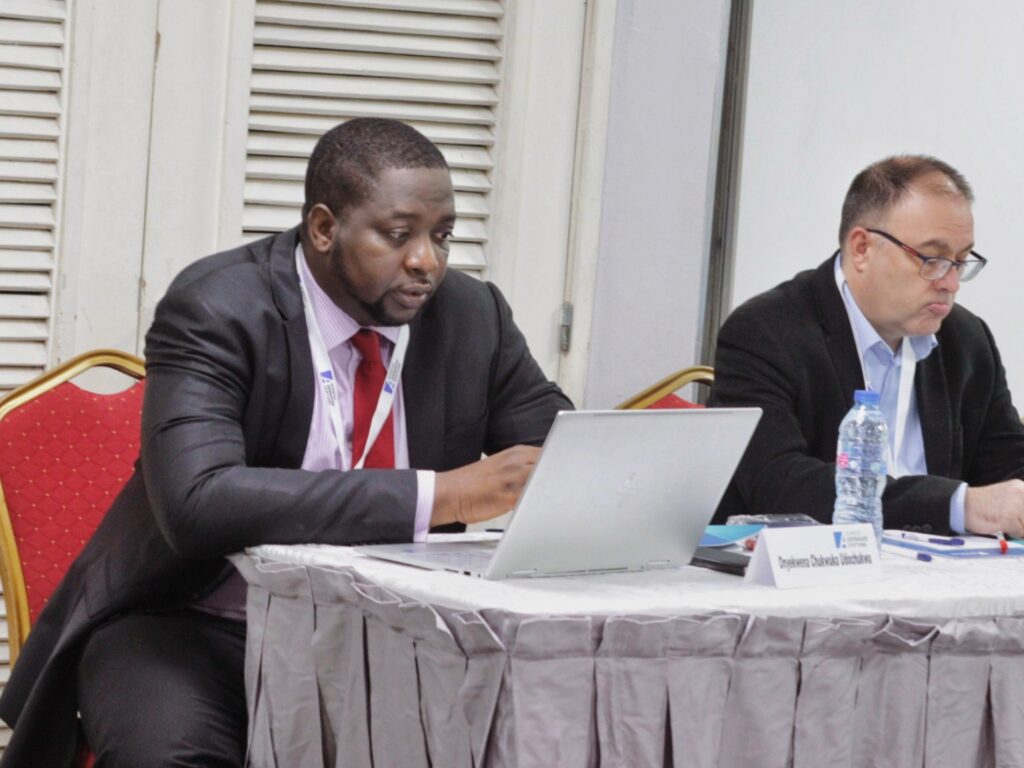
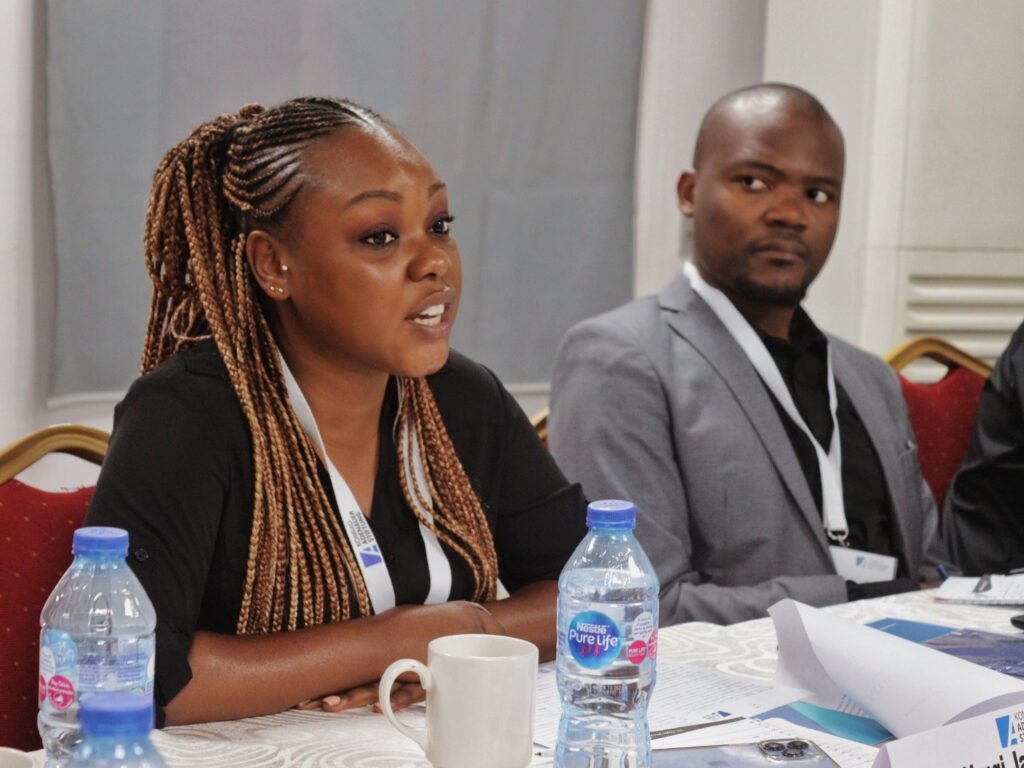
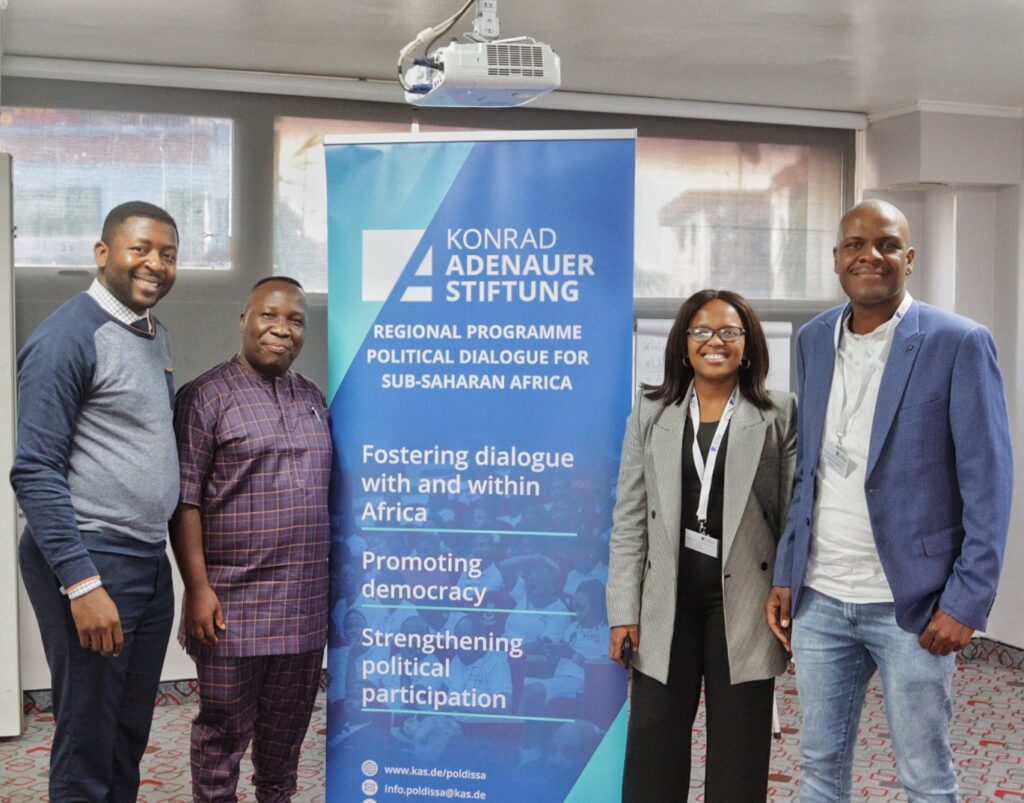
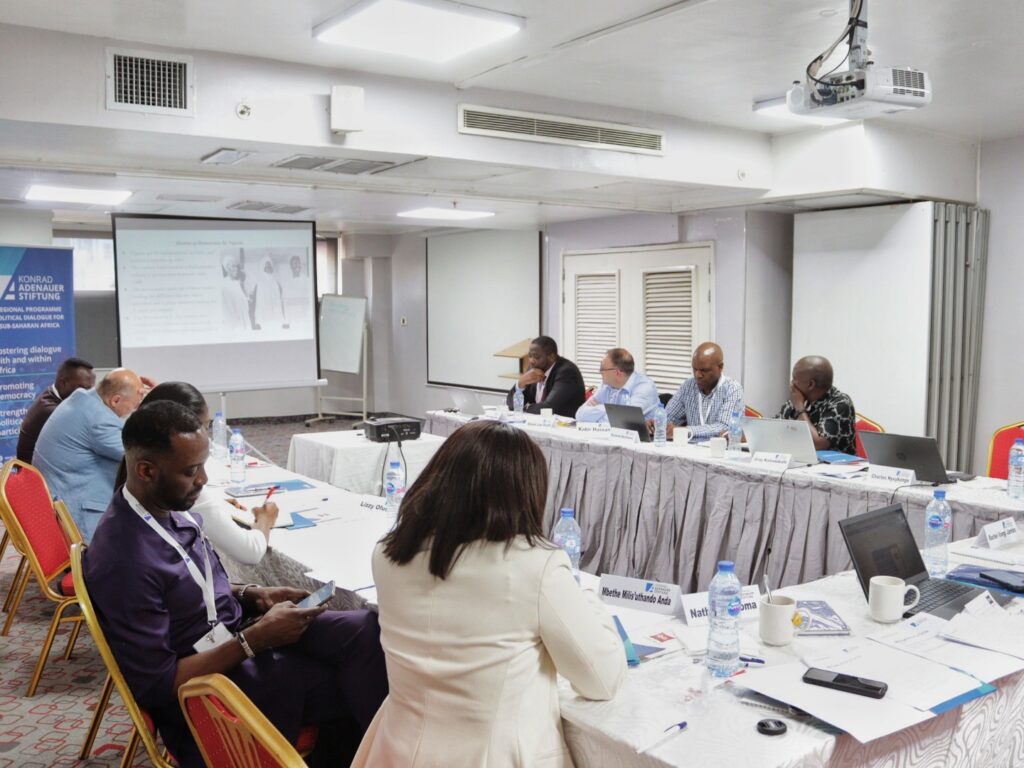
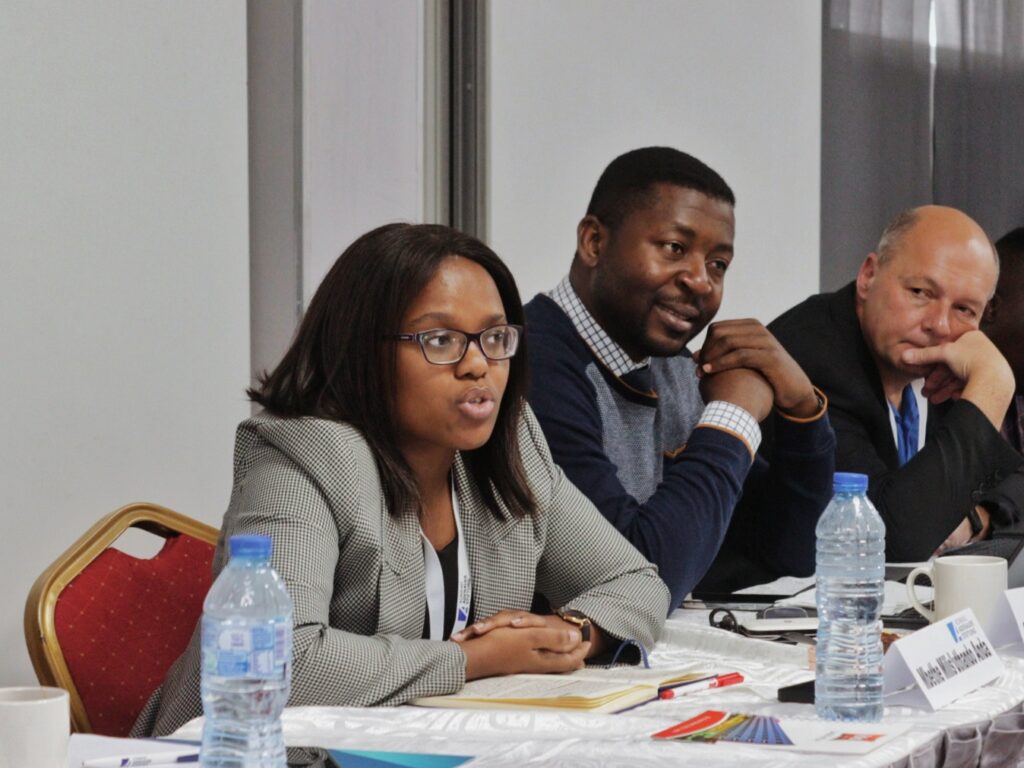
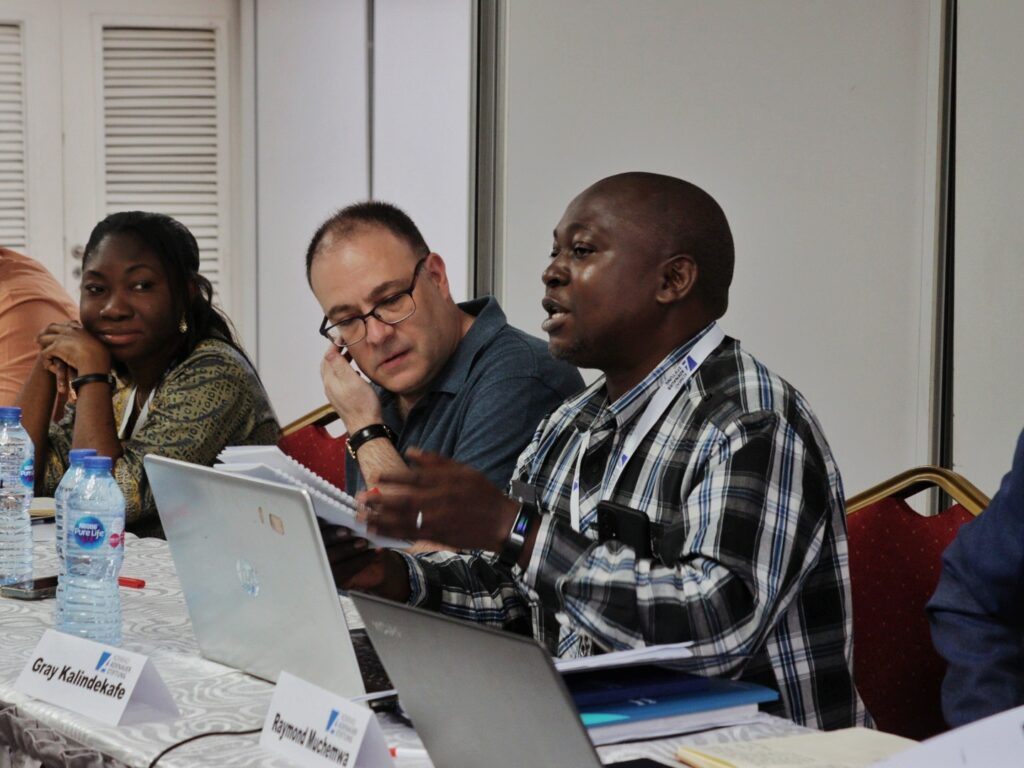
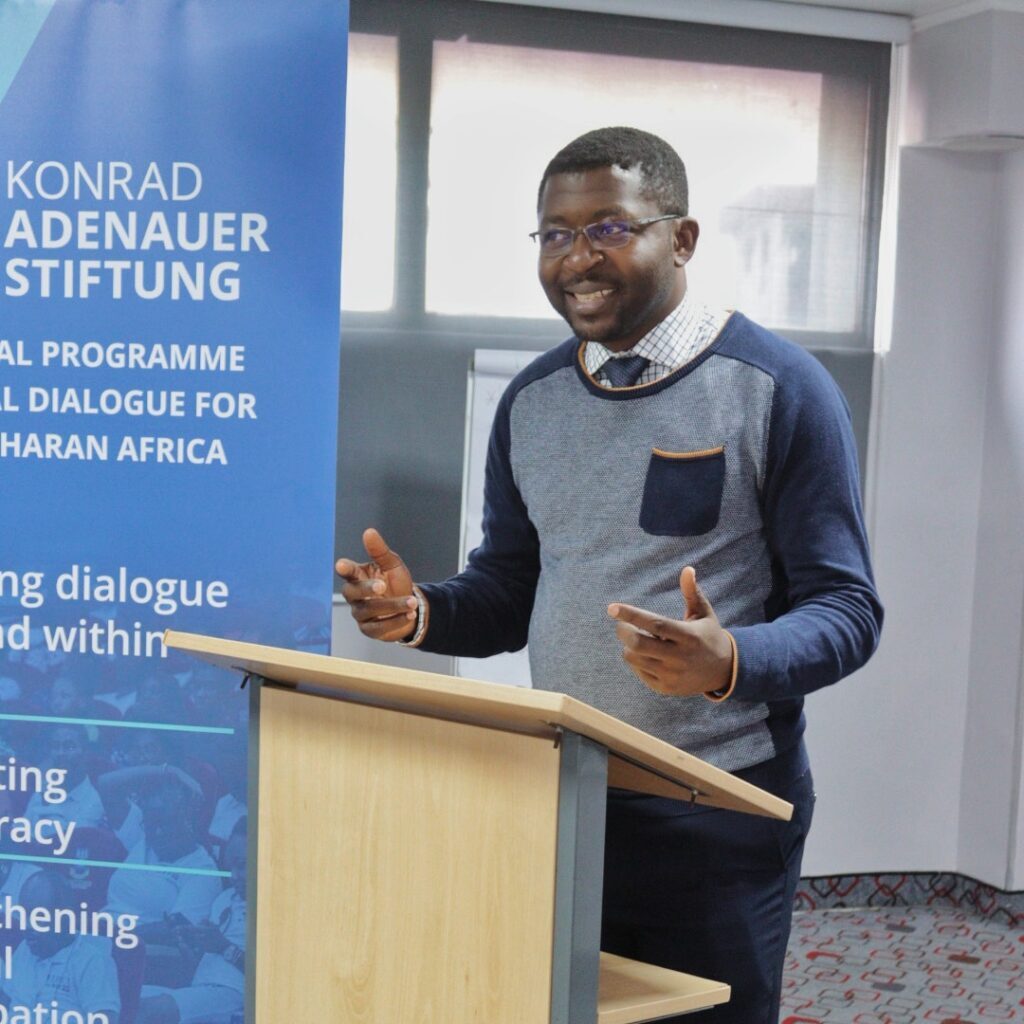
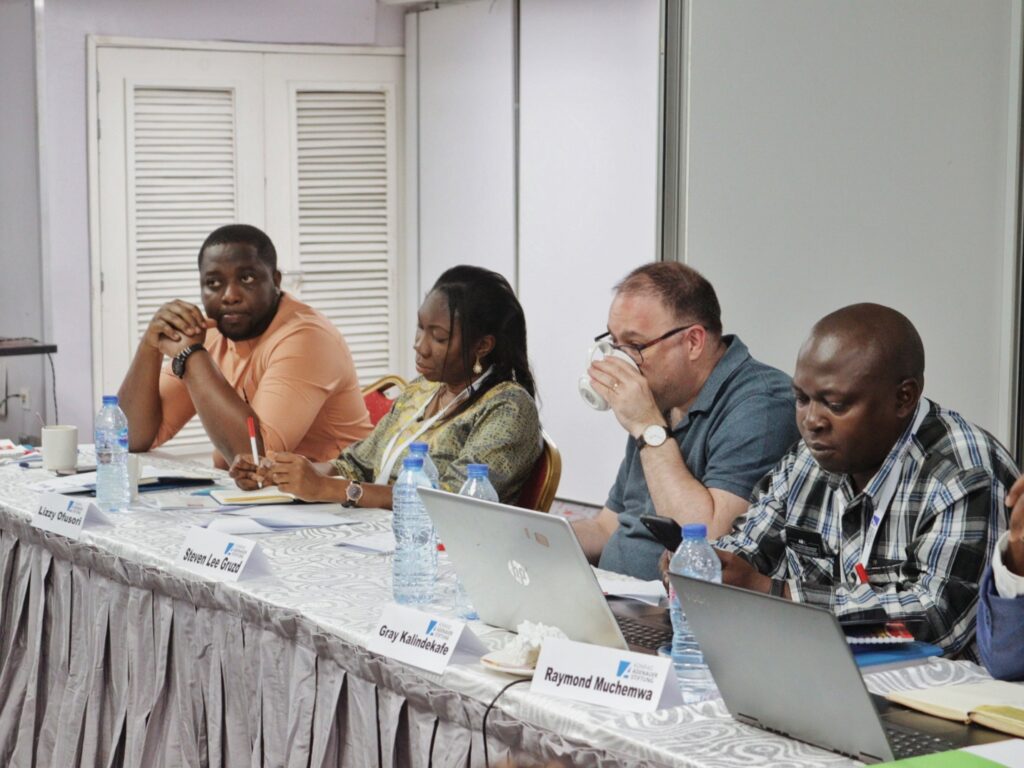
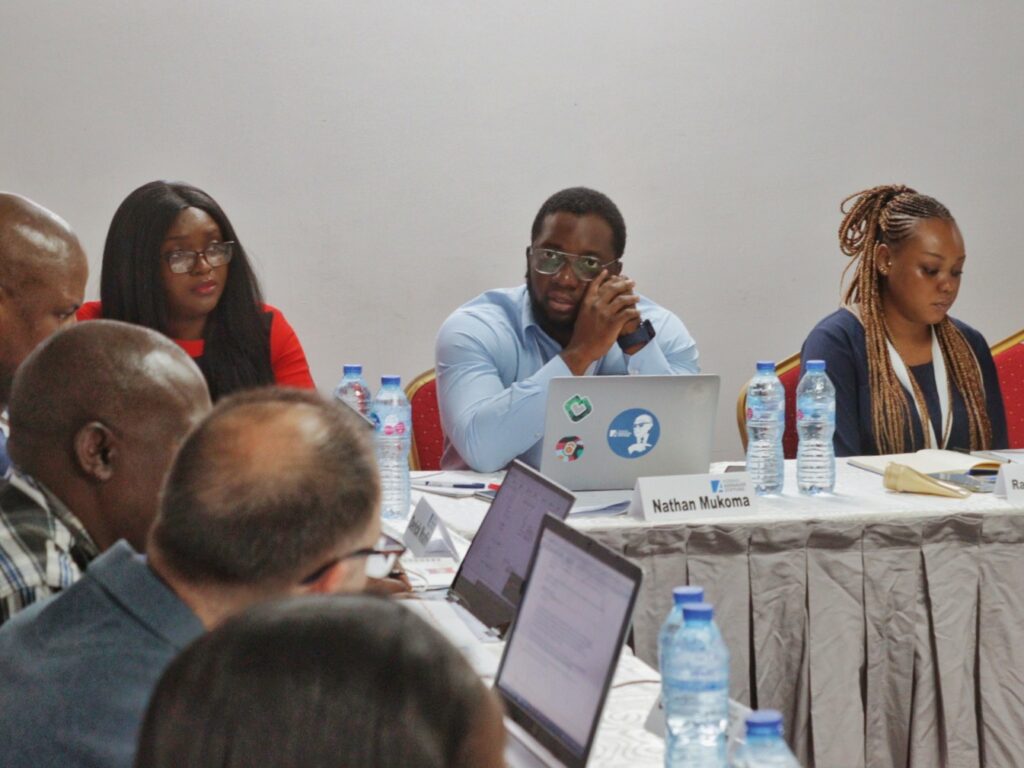
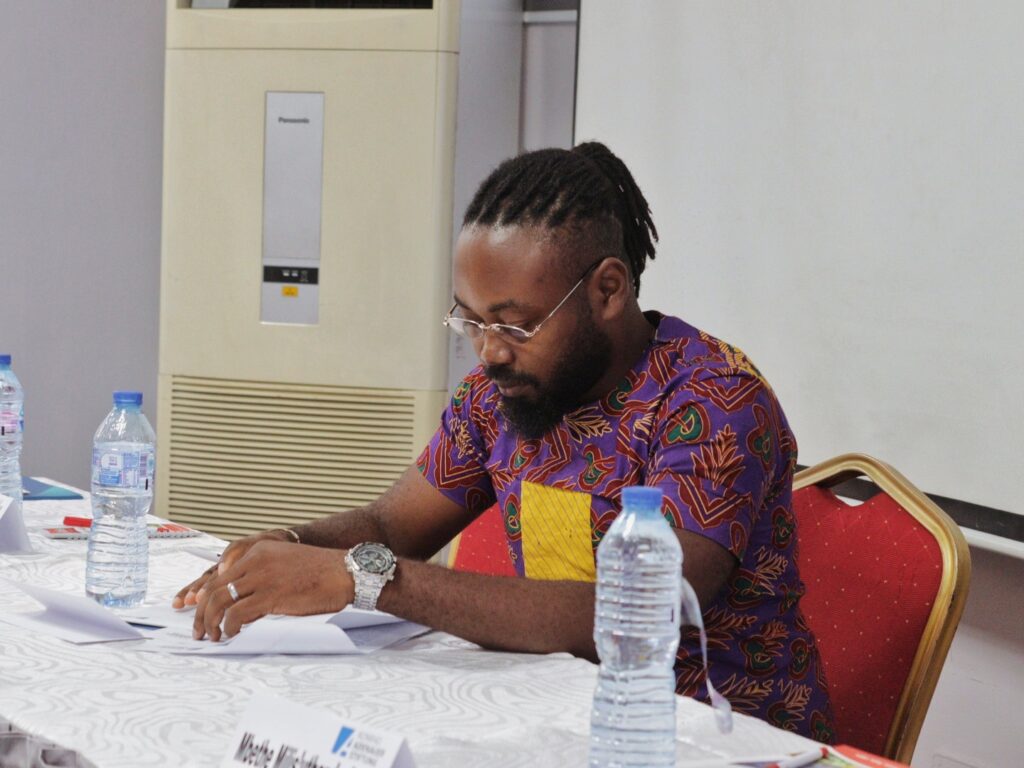
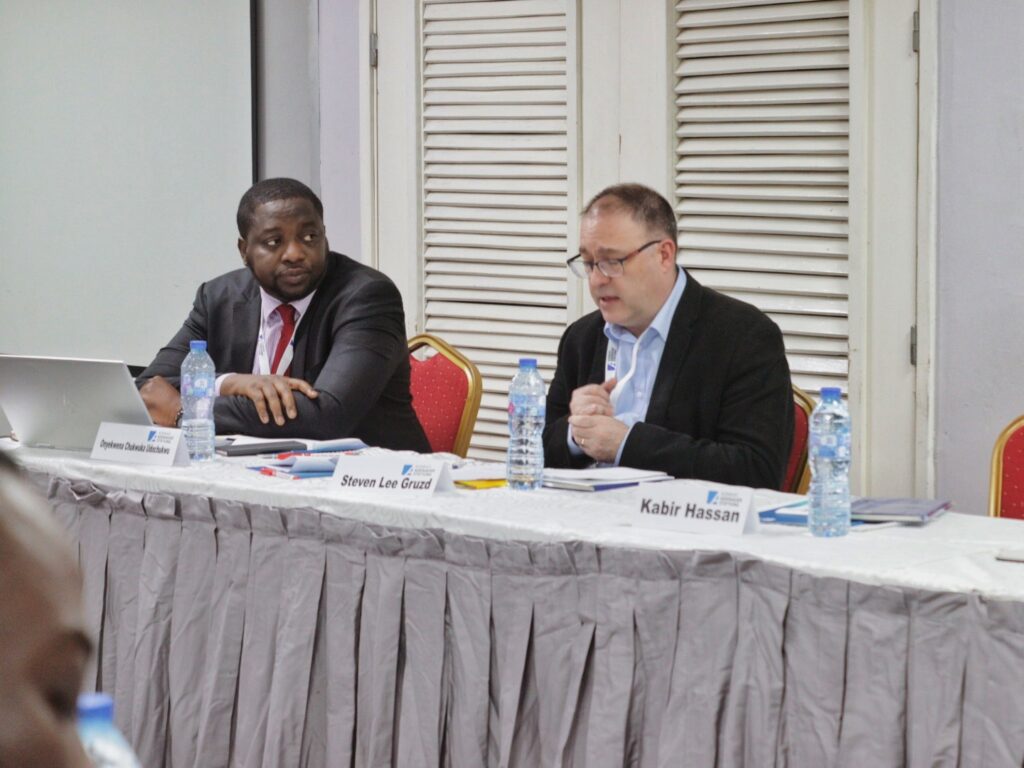
Data from the Central Bank of Nigeria (CBN) shows that as of 17th August 2022, the official exchange rate of Naira to the US dollar was N420.83 for a dollar suggesting a N5.15 depreciation compared to the N415.68 reported at the end of the previous month (July).2 This fall in value of the domestic currency can be attributed to the shortage of foreign currencies in the country, arising from the demand for foreign currency (most especially the US dollar) which is higher than the supply. The preference for foreign-made products over locally produced products and the low production capacity of domestic firms contribute in part to the high demand for foreign currency. The high demand for foreign currency is also due to people's involvement in speculative purchases by saving dollars to fund education or relocation expenses. While the RT200 FX programme of the CBN is contributing to an increase in the supply of foreign currency, the demand for foreign currency exceeds the supply and, in turn, contributes to the continuous depreciation of the domestic currency both in the official and parallel exchange markets. Thus, there is a need for the government to support domestic firm production capacity to reduce importation. Also, exporting firms need to be provided with financial and technical assistance to increase exportation and expand the sources of foreign currency. There is a higher likelihood that firms that benefited from government support would use official channels in remitting their export proceeds. The supply of foreign currency should increase with effective execution and monitoring of these interventions, resulting in a more stable domestic currency, Naira.
The data from the June 2022 Money and Credit Statistics published by the Central Bank of Nigeria (CBN) shows that the net credit to the economy rose to N57.3 trillion at the end of June 2022 from N48.5 trillion at the end of December 2021, indicating an 18.02 percent increase in the first half of 2022 (H1 ’22).3 Credit to the government accounts for about 31.4 percent of total credit, while the private sector received the remaining. The banking sector credit to the government grew by 35.04 percent from N13.3 trillion as of December 2021 to N18.0 trillion at the end of June 2022. Further, the credit to the private sector grew by 11.58 percent from N35.2 trillion as of December 2021 to N39.3 trillion at the end of June 2022. This suggests that banking sector credit to the government grew at a higher rate compared to the private sector. The rise in credit to the government is consistent with the rise in government debt, which raises a concern about the crowding out effect of government borrowing in the domestic financial market on the ability of the private firms to secure funding for productive investments. Consequently, there is a need for the government to boost revenue collection and promote the use of innovative financing options to effectively fund the rising expenditure and curtail the rate of borrowing in the domestic financial market. In addition, there is a need for the government to prevent the mismanagement of borrowed funds by strengthening transparency in the debt management process.
CSEA Research Associate, Augustine Iraoya represented the Centre for the Study of the Economies of Africa at the launch of the report: Tobacco Industry Capture of the Virtual Space in Nigeria organized by the Corporate Accountability and Public Participation Africa (CAPPA) on Monday, June 20, 2022 in Abuja, Nigeria.
The report examined Facebook, Twitter, Instagram, LinkedIn, and a host of other social networking platforms used by over 100 million Nigerians between 2016 and 2021; and found that the tobacco industry and its charity arms operated unchecked in the virtual space and used it to gain favourable public rating, while mentioning nothing about the harms of their products.
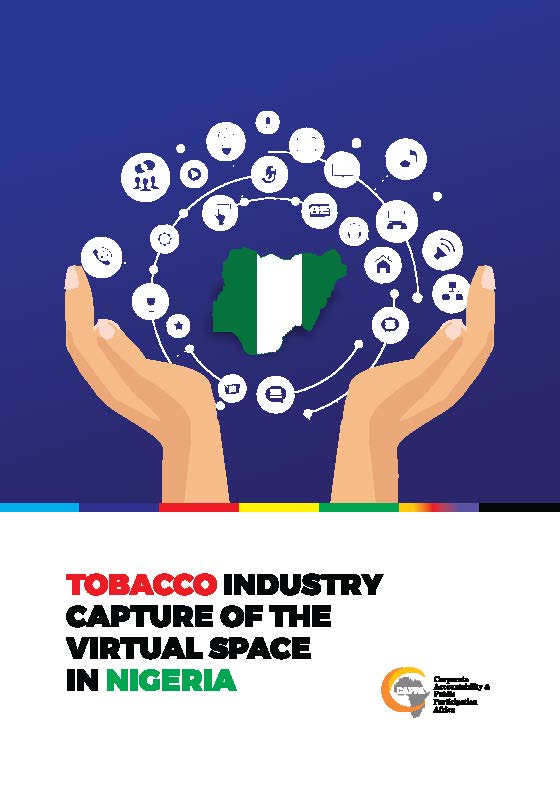
Webinar: Perspectives on how to maximize public awareness for participatory Data
Governance In African countries
CSEA is proud to announce the launch of the RISE Educators Fellowship. The program is designed to prepare Corps members for productive employment post-NYSC. The first cohort will begin in May 2022 and take place during the third term of the school year.
Programming:
The program includes an opportunity to receive the following:
Eligibility:
Application Process:
Contact
If you have any questions about this program, please email [email protected]
